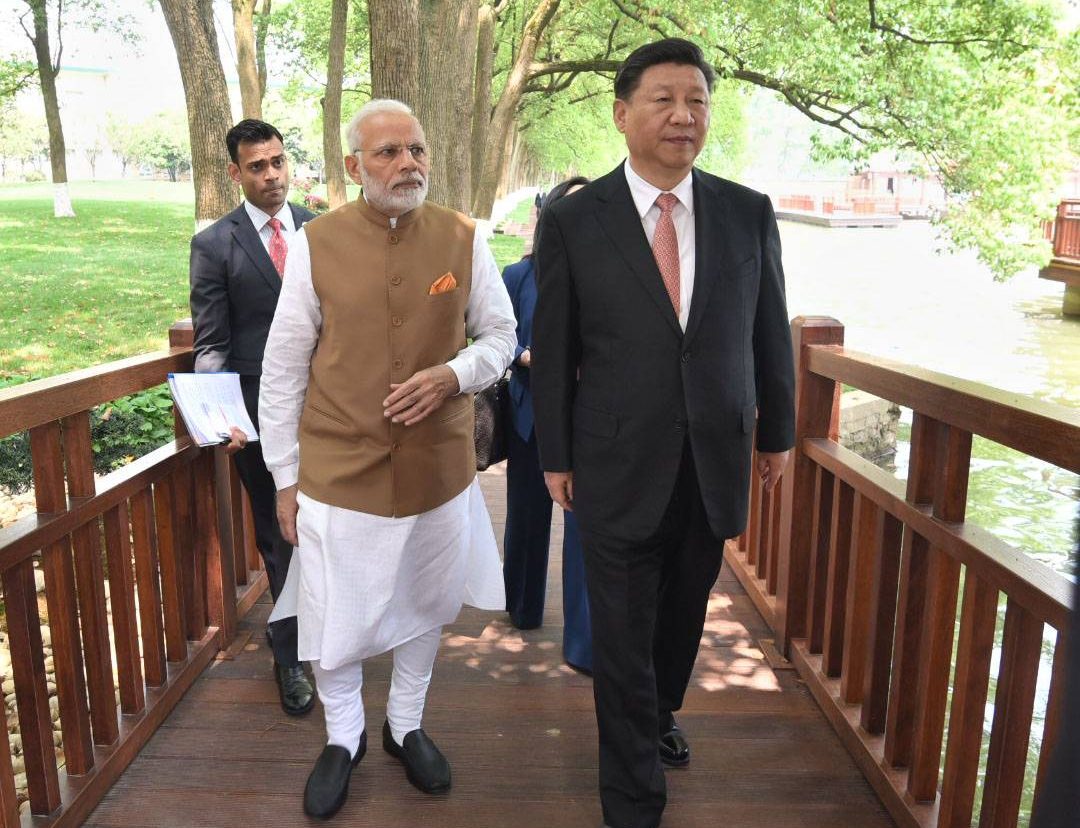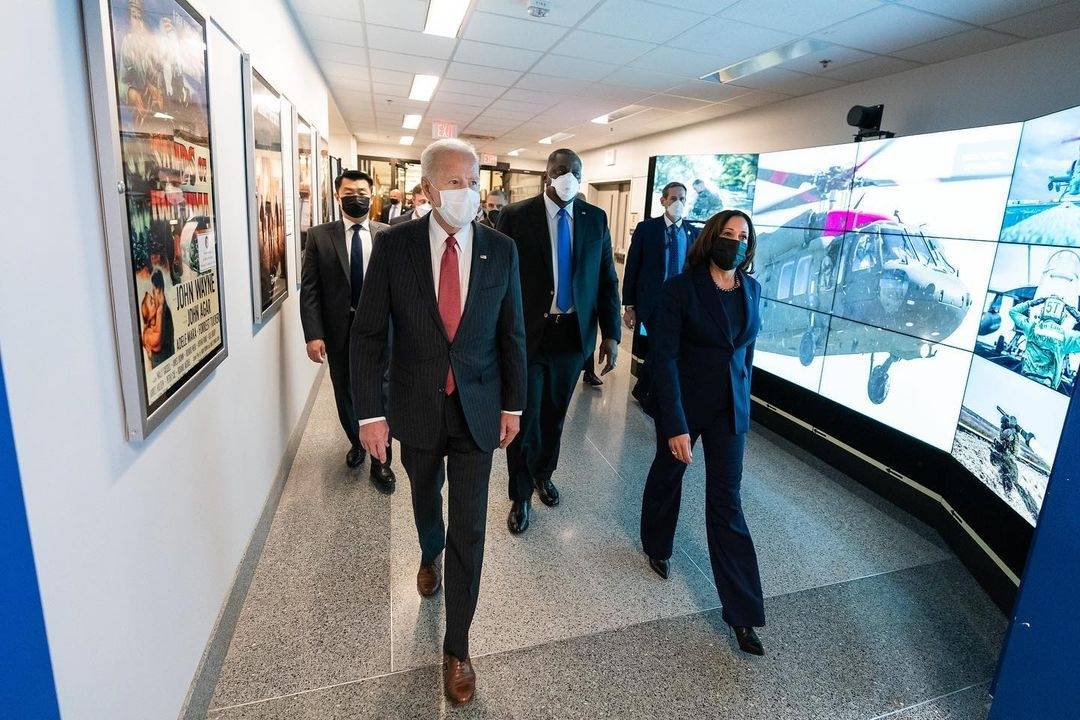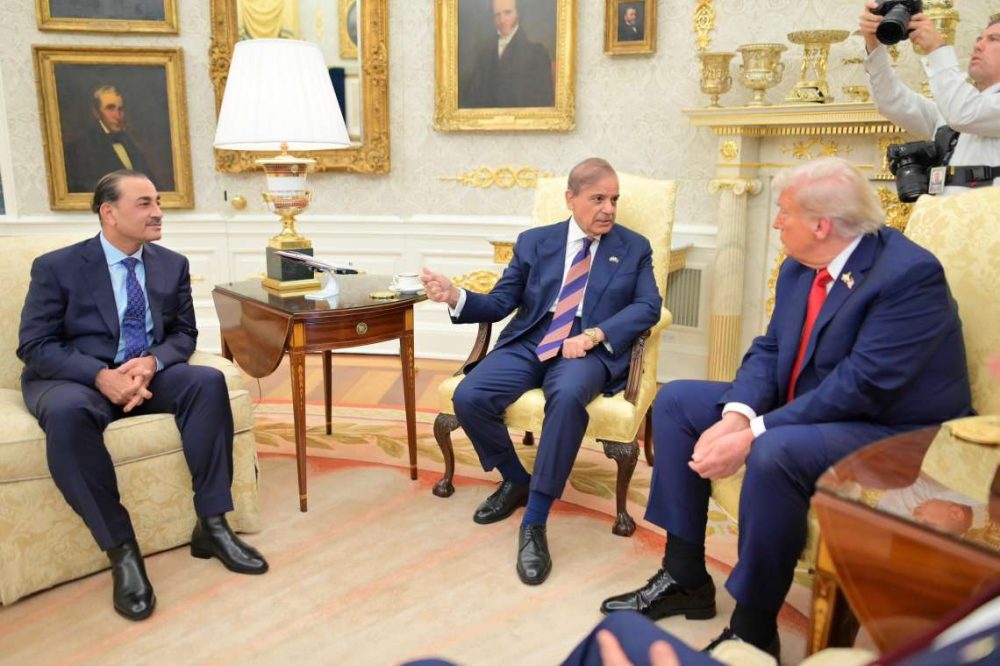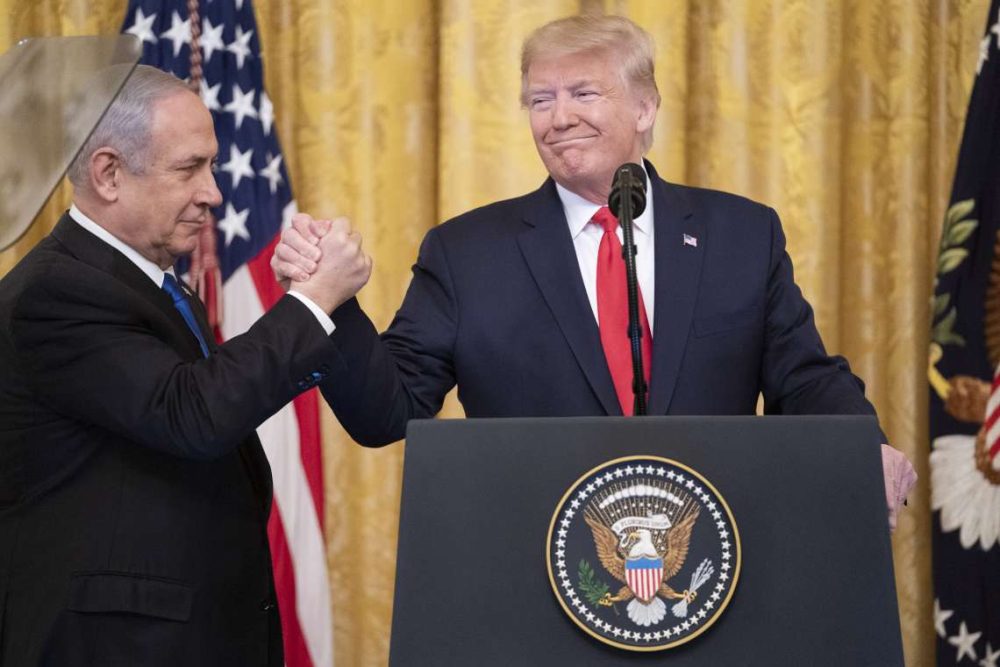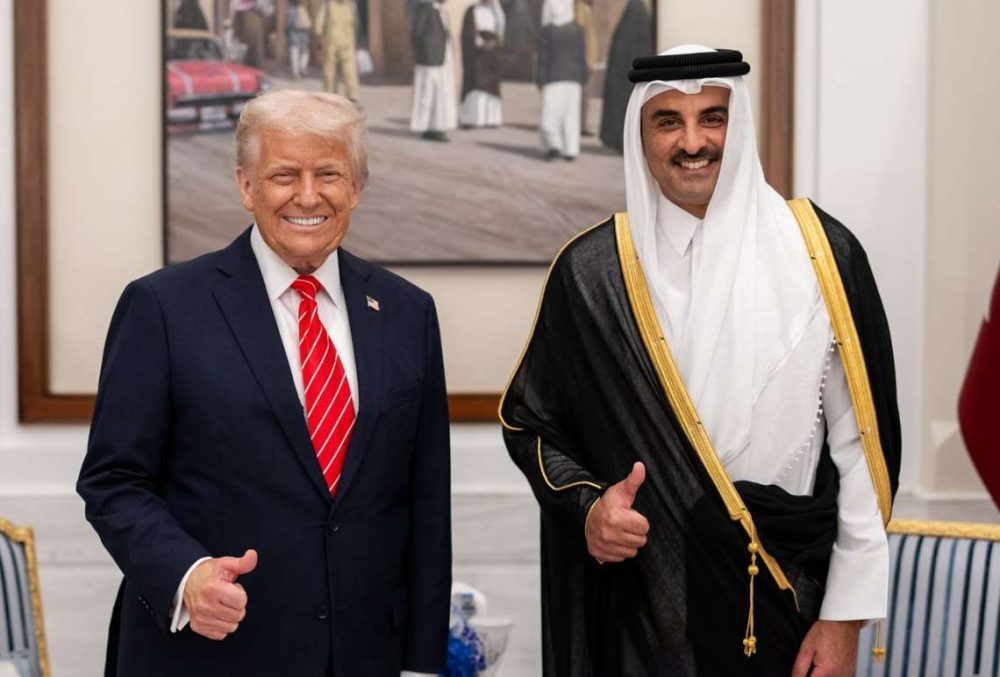Despite being India’s largest trade partner China has expressed its “deep concern” to the WTO over restrictions on opportunistic takeover of Indian companies, reports Asian Lite News
After the standoff and the subsequent pull back of troops along the Pangong Lake in Sikkim, Beijing now wants India to let Chinese companies to have a free run in India.
Despite being India’s largest trade partner – amounting to $77.7 billion – China has expressed its “deep concern” to the World Trade Organization over the restrictions on opportunistic takeover of Indian companies after the outbreak of the pandemic.
Terming India’s move as “inconsistent with multilateral trade rules,” Beijing has cautioned New Delhi that tight controls may affect business interests on both sides. The comments were made during a discussion on India’s trade policy at the WTO.

“We would express our deep concern on the recent revised FDI policy, namely Review of Foreign Direct Investment (FDI) policy for curbing opportunistic takeovers/acquisitions of Indian companies due to the current Covid-19 pandemic, which applies to countries sharing land borders with India, or where the beneficial owner of an investment into India is situated in or is a citizen of any such country. Such measure is not consistent with WTO non-discrimination principle and will surely affect business interests both of India and these countries,” China said.
India took the decision to put the FDI restrictions in April after the People’s Bank of China raised its stake in the country’s largest mortgage lender, Housing Development Finance Corp. Ltd, from 0.8% to 1.01% through open-market purchases in the March quarter. The move led to concerns that India’s most-valued companies could be susceptible to hostile takeovers as their market value had taken a severe hit because of Covid-related uncertainties.

China said it acknowledges India’s efforts to enhance competitiveness in manufacturing and services sectors through ‘Make In India’ and ‘Digital India’ initiatives but remains concerned that some of the measures are not consistent with WTO principles. India’s commitments, such as the tariffs on some ICT (information and communications technology) products, exceed the bound tariffs notified by India, it said.
“We are also concerned with the application of ‘national security’ to the normal trade, which led to more than 200 Chinese apps (being) banned in India. These measures have caused negative consequences for the supply chain and local consumers as well,” it added.
While Prime Minister Narendra Modi banned hundreds of Chinese apps, slowed approvals for investments from the neighbor and called for self-reliance after a deadly clash along their disputed Himalayan border, India continues to rely heavily on Chinese-made heavy machinery, telecom equipment and home appliances. As a result, the bilateral trade gap with China was at almost $40 billion in 2020, making it India’s largest.
Total imports from China at $58.7 billion were more than India’s combined purchases from the US and the UAE, which are its second- and third-largest trade partners, respectively. Heavy machinery imports accounted for 51% of India’s purchases from its neighbor.
That said, India did manage to lower imports from its Asian neighbor amid demand disruptions caused by the coronavirus pandemic. The South Asian nation also managed to increase its exports to China by about 11% from a year ago to $19 billion last year, which makes any further worsening of ties with Beijing a threat to New Delhi’s export revenue.
Also Read-China says it’s ready to work with US
Read More-After pull out, China talks peace


